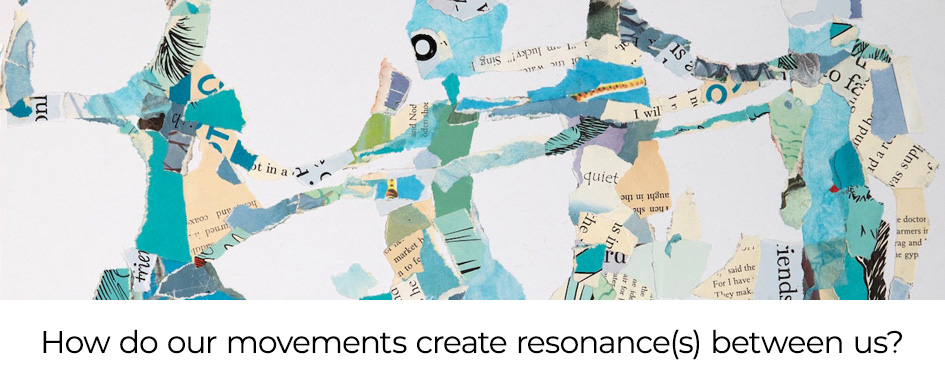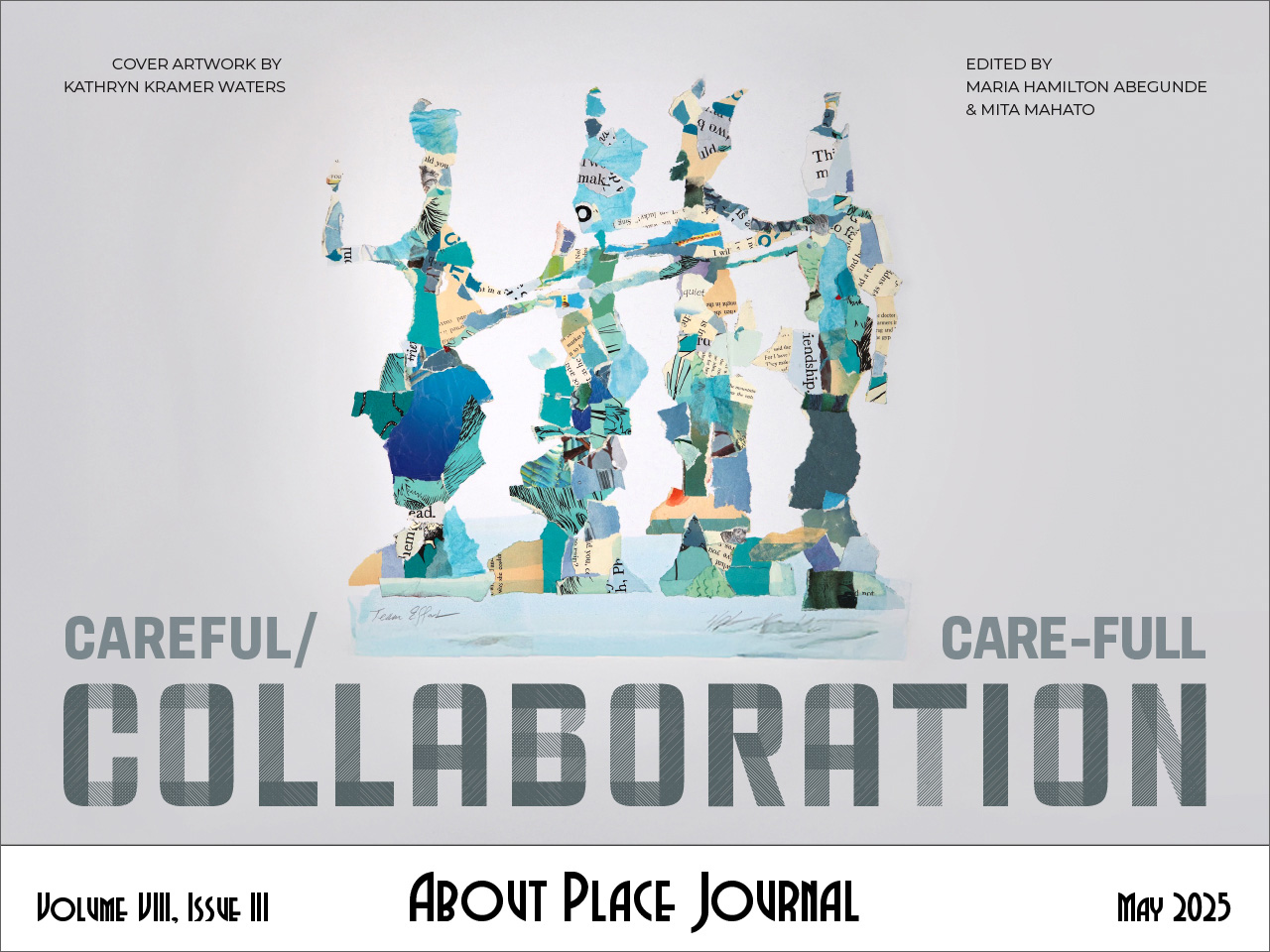Stream, Lake, Ocean
“Give a man a fish, and you feed him for a day. Teach
a man to fish and you feed him for a lifetime.
–Chinese proverb
I.
With her grandmother,
the young girl wades waist-high
into a stream sparkling with possibility.
It is not enough to fry the fish and serve it
on the special dish shaped like a trout.
She needs to be part of the scene,
mimic the flick of her grandmother’s wrist,
the arc of her arm, reel in the shiners herself.
The size of the dinner doesn’t matter.
It’s that she’s gotten wet; it’s that she’s held
the slippery in her young but knowledgeable hands.
II.
For most of his life, the old man stands
at the edge of a pier. This is what he remembers
when he forgets the life of four office walls
and a door that led to more deadlines.
In this other life of lakes and sky, he dwells
in calm, days measured by the occasional dive
and rise of crappie and sunfish. There are no
appointments. The old man and the fish
meet spontaneously at the intersection
of water and hook, briefly collaborating
on his life, before he lets
each one of them go.
III.
Before she casts her line,
the young woman, belly rounded,
closes her eyes, deeply inhales salt air.
As much as she craves mackerel and cod,
she craves her participation in seascape;
in her involvement of getting
what she craves.
She will teach her daughter this.
Despite her family’s warnings,
she never gets seasick.
Afterwards, she will paint
the glimmer of sun on scales.
She will paint her future daughter
on the shore writing a poem.
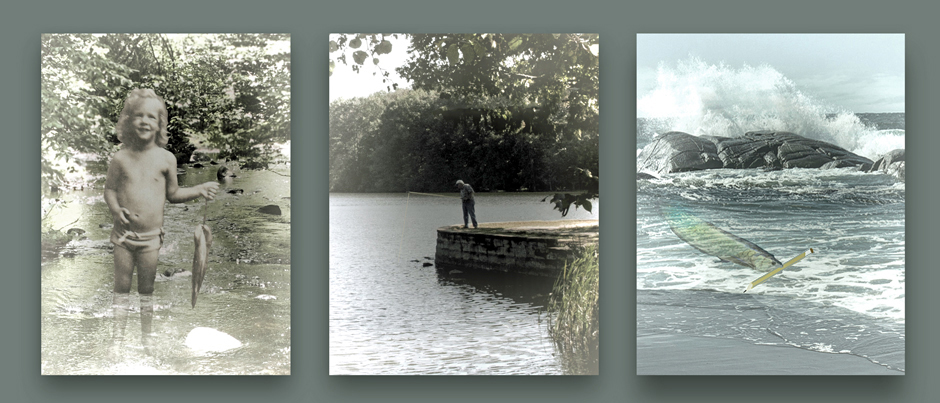
Beyond This Poem
Hiding behind this page, wildfires are raging. What do you care
in your warm straw house, no wolf huffing and puffing? (Now care-
fully add yet to the snuffed-out end of that care-
lessly constructed sentence.) Wildfires are blazing. Care
to reconsider where? Paper mountains. Paper forests. Handle with care
the paper lives in paper houses that are not yours but could be. Take care
while striking any match to pause while the care-
less smoke-entwined heat swirls—devil may care—
into rooms where you sit and write. Without a care
in the world, wildfires are raging. Sparks got a ticket to ride, don’t care
which wind they hop aboard to air-drop devastation. Intensive Care
is swinging wide its doors, heaving them shut, overcrowded, taking care
of business to keep the worst affected safe—customer care
maxed out in the wake of maximum destruction. Couldn’t care
less about air quality and water shortages? Even gross care-
lessness can lead to others’ acts of care. Not extinct: “tender loving care,”
food, clothes, beds from strangers. Behind this poem, paper is blazing. Care
to comment on the aftermath of ash? The raging world? Care
to resuscitate the brittle skeletons of collaboration? Full of care
and beyond paper, the poem spreads its wildfire of hope. Now add care
to words that sting and char, to what rises swiftly to the highest level. Care
forges ahead beyond witness into the burning building. Even full of care,
letters swelter and succumb to blaze. Inaction burns the eyes. Be care-
ful. Counter burnt out and just too overwhelmed to care
with offering every neighbor-stranger your own hand-washed cloak. Care
to join? Don’t hide behind poems. Wildfires are blazing.
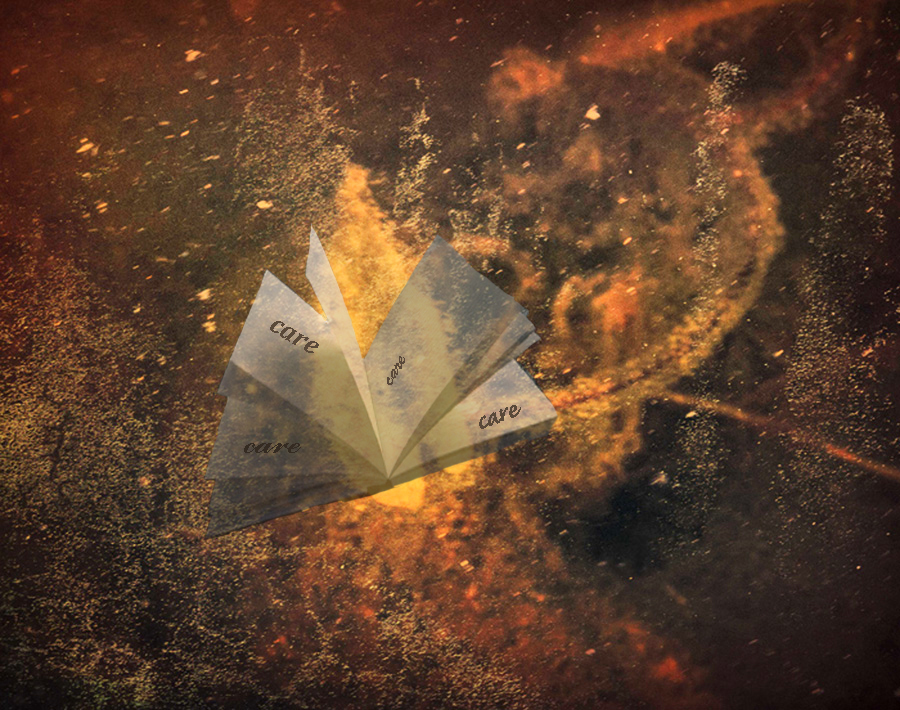
Collaboration
What is that song you’re singing into my poem,
each note dripping paint the hue of mourning?
Some poems are a tear-splattered canvas. Everyone
has an image or note that lures them home,
that recreates their own joyful evening or sad morning
into song. What is it you’re singing? The poem
hums along, adds a trumpet and trombone,
maybe drums and saxophones, jazz swarming
color onto the canvas of poem. Alone
the poem’s not lonely, but, with others, its own
joy is louder; its own grief merges its mourning
with the dirge of the world. You’re sketching the poem.
You’re bellowing, sculpting, focusing the frame of the poem,
which becomes different poems inside the camera, all rewarding.
Each canvas, film, harmony, stone becomes everyone’s
blank expanse and deep space for collaboration.
Anything worth creating is transforming:
This is the song we’re both singing. Into my poem,
your sturdy canvas floats. There is room for everyone.
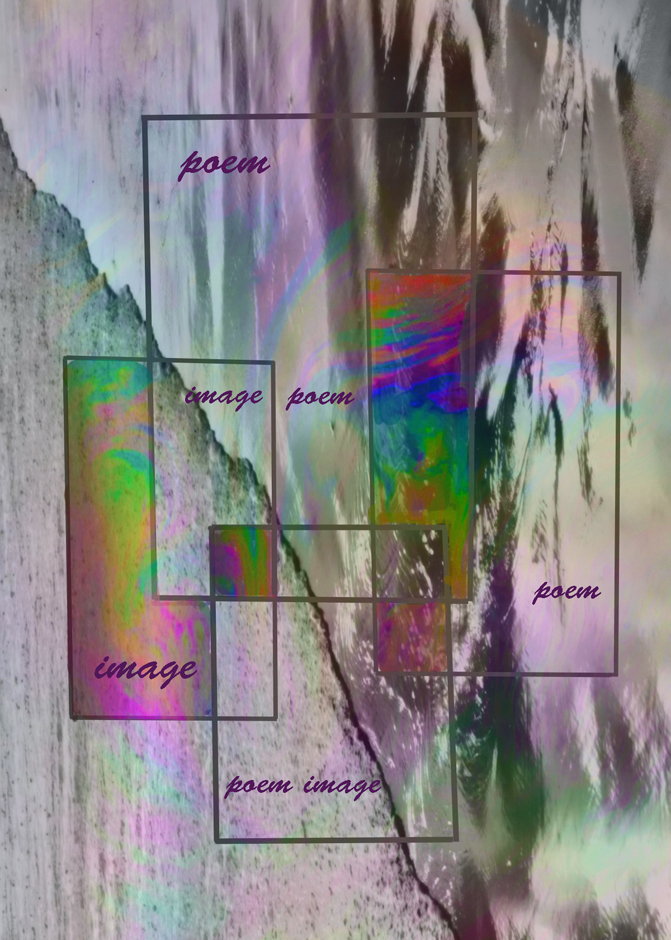
The two of us – poet and image maker – have now collaborated on three major ekphrastic projects. In working face-to-face over the past several years, we have, first, come to respect each other’s unique ways of framing the world. We recognize recurring themes, make room for major motifs, and lovingly honor each other’s vision and process. At the same time, placing poem and image side-by-side in an act of collaboration means opening up spaces commodious enough to allow word and image to interact and form new, alchemical combinations. Here, for example, is the mournful planetary image now being taken up by the language of horns and saxophones until, as the poem (“Collaboration”) says, “its own grief merges / its mourning with the dirge of the world,” and becomes the “song we’re both singing.” No longer alone, no longer lonely. There is room for everyone.

